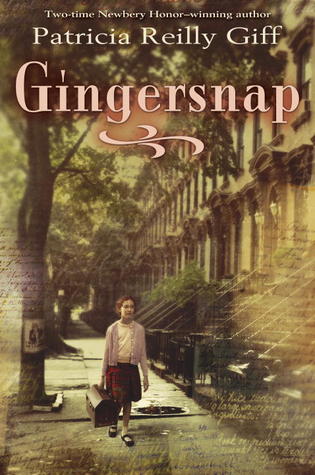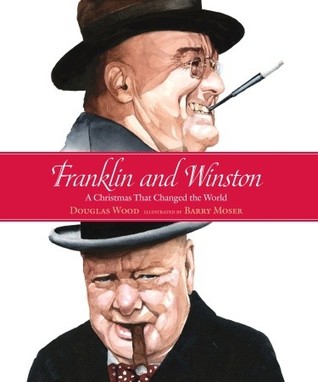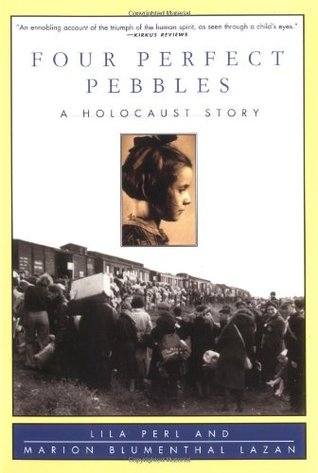 Duke by Kirby Larson was the winner of the 2015-2016 South Carolina Children’s Book Award.
Duke by Kirby Larson was the winner of the 2015-2016 South Carolina Children’s Book Award.
It’s 1944, and Hobie Hanson is doing what he can for the war effort at home. With his dad fighting in Europe, Hobie is the man of the house, and he tries to help his country in ways both small and large. Hobie’s feeling the pressure, though, to do something bigger than anything he’s ever considered–donate his beloved dog, Duke, to the war effort.
The Dogs for Defense program asks Americans to donate their well-trained family pets to the armed forces–as guard and patrol dogs and even bomb sniffers. Hobie knows that Duke is an excellent prospect for this program…but he doesn’t want to let go of his dog. Isn’t it enough that his dad is fighting in this war? Does Hobie have to put his dog in danger as well?
Eventually, Hobie gives in and loans Duke to the Marines…and immediately wants to change his mind. In fact, he does everything he can think of to get Duke home. Hobie even betrays a new friend in his quest to be reunited with Duke. None of his efforts work, and Hobie decides to be brave and deal with his situation as best he can…and that decision could have far-reaching consequences.
Soon, Hobie will realize that there are many different kinds of bravery. His father, who is in more danger than ever, is brave for leaving his home and fighting for his country. Duke is brave when he follows orders and keeps others safe. But maybe Hobie is brave, too. Maybe loaning Duke to the Marines–even though he didn’t want to–was brave. Maybe looking after his mom and little sister is brave. And maybe apologizing to his new friend and standing by his side is brave.
Will Hobie’s bravery be enough to hold things together until he’s reunited with those he loves? Will his father come home soon? Will Duke?
Discover just how much bravery and love mean to a boy, his dog, his family, and those around him when you read Duke by Kirby Larson!





